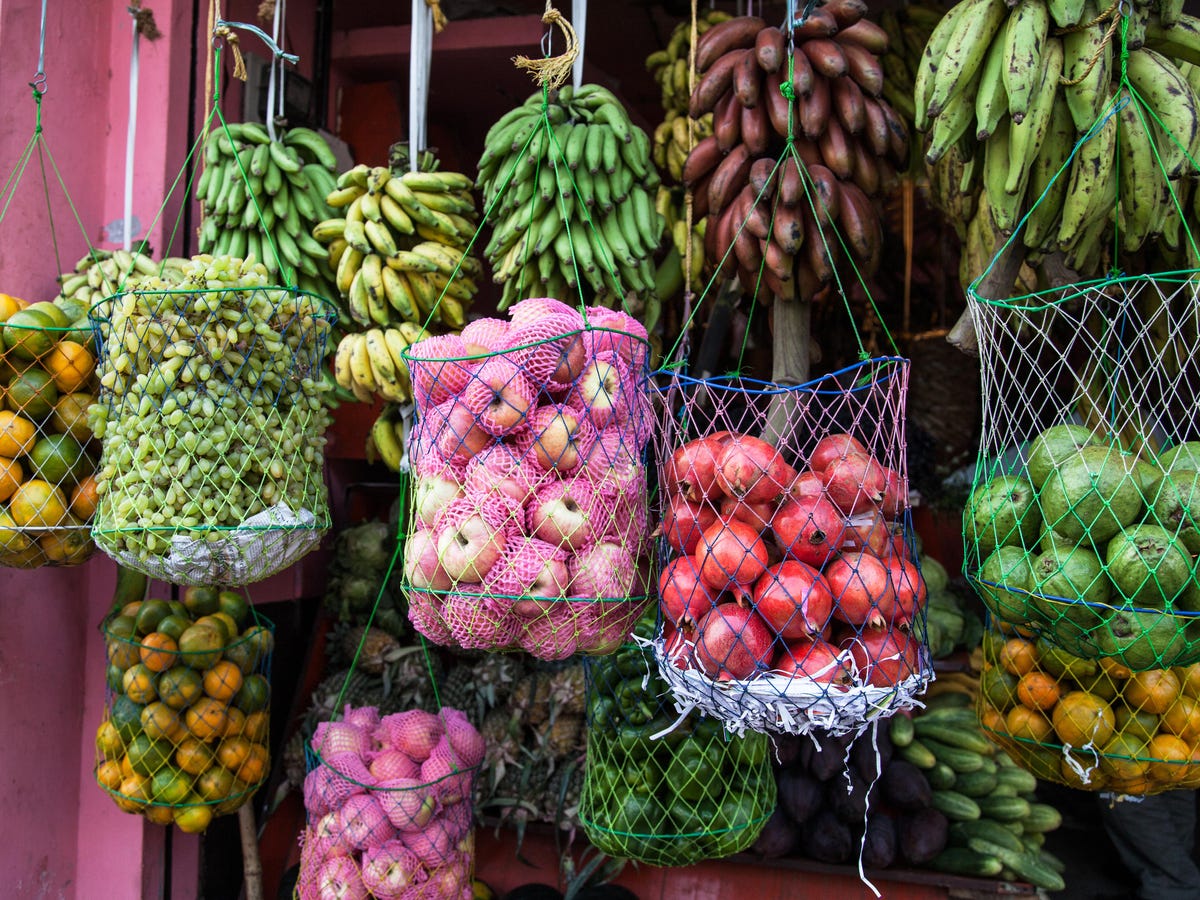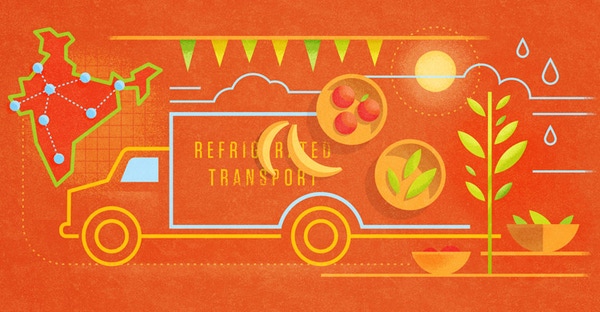
Refrigeration in India: Serving Up Food Safety for a Rapidly Growing Country
REFRIGERATION IN INDIA
We are leveraging our global experience to help India address a critical food safety and quality issue.
Bright-red strawberries for breakfast while the snow falls outside. Creamy avocado slices in our lunchtime salads, no matter what month shows on the calendar. Even summer squash has the audacity to make an appearance the other three seasons, as well. With an abundance of the brightest and freshest produce 365 days a year, Americans take their menus for granted.
Constant access to fresh food is not the case in many other countries, even technology-centric ones such as India. But companies like Copeland are working to make an impact.
India is the world’s leading producer of milk and the second-largest producer of fruits and vegetables. Yet nearly 20 percent of that abundance—about $10 billion worth of food—is wasted each year. That’s because India lacks a crucial component that exists behind the scenes in the United States and other countries: a comprehensive cold storage supply chain.
Modern food systems rely on an interconnected system of high-tech facilities and transport vehicles—also known as a “cold chain.” A cold chain’s network includes ripening chambers that delay and then trigger ripening; long-term cold storage warehouses capable of preserving produce for weeks or months; refrigerated trucks and cargo ships; and coolers that keep food in grocery stores properly chilled.
Currently, only 4 percent of fresh produce transported in India uses the cold chain. The rest must be delivered locally and eaten quickly—or go to waste. Meanwhile, the United Nations predicts that India will be the world’s most populous country by 2050. The need for a modern-food supply infrastructure to keep food fresh from farm to table could not be more critical.
India has already established a National Centre for Cold Chain Development as a resource for strategic development and training of the country’s cold chain stakeholders. The country is working to address this serious problem as its population continues to grow, but it has a large task at hand.
That’s where strong partnerships, with technology and HVAC/R experts like Copeland, come in.

